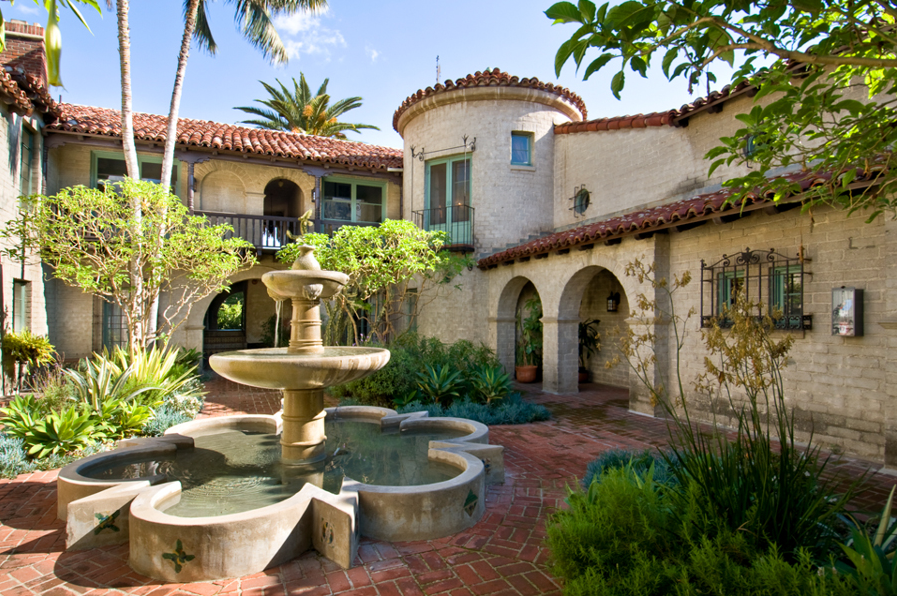|
Meltdown (Steve Taylor Album)
''Meltdown'' is the second release and first full-length album by American musician Steve Taylor. It followed 1983's '' I Want to Be a Clone'' and featured a similar kind of style, involving Christian rock incorporating new wave musical influences, while also being produced by Jonathan David Brown. The album did well, commercially, reaching the No. 10 spot on ''Billboard's'' Top Contemporary Christian chart. It additionally received positive critical reviews from publications such as '' Billboard'', saying that "Taylor has an edge and vitality". The album was listed at No. 18 in the 2001 book ''CCM Presents: The 100 Greatest Albums in Christian Music''. Like other works by Taylor, the album's songs touch on many socio-political issues; "We Don't Need No Colour Code" denounces Christian organizations that practice racism while "Over My Dead Body" calls for more attention to violations of human rights overseas. Track listing Side one # "Meltdown (at Madame Tussaud's ... [...More Info...] [...Related Items...] OR: [Wikipedia] [Google] [Baidu] |
Steve Taylor
Roland Stephen Taylor (born December 9, 1957) is an American singer, songwriter, record producer, music executive, film maker, assistant professor, and actor. A figure in what has come to be known as Christian alternative rock, Taylor enjoyed a successful solo career during the 1980s, and also served in the short-lived group Chagall Guevara. In contrast to many Christian musical artists, his songs have often taken aim at other Christians with the use of satirical, sardonic lyrics. In 1997, he founded the record label Squint Entertainment, which fueled the careers of artists such as Sixpence None the Richer, Chevelle, and Burlap to Cashmere. Despite this success, Taylor was ousted from the label by its parent, Word Entertainment, in 2001. He has produced and written for numerous musical acts, one of the most consistent being Newsboys. As a film-maker, Taylor co-wrote, directed, and produced the feature films ''Down Under the Big Top'', ''The Second Chance'', and ''Blue Like Jazz ... [...More Info...] [...Related Items...] OR: [Wikipedia] [Google] [Baidu] |
Human Rights
Human rights are Morality, moral principles or Social norm, normsJames Nickel, with assistance from Thomas Pogge, M.B.E. Smith, and Leif Wenar, 13 December 2013, Stanford Encyclopedia of PhilosophyHuman Rights Retrieved 14 August 2014 for certain standards of human behaviour and are regularly protected in Municipal law, municipal and international law. They are commonly understood as inalienable,The United Nations, Office of the High Commissioner of Human RightsWhat are human rights? Retrieved 14 August 2014 fundamental rights "to which a person is inherently entitled simply because she or he is a human being" and which are "inherent in all human beings",Burns H. Weston, 20 March 2014, Encyclopædia Britannicahuman rights Retrieved 14 August 2014. regardless of their age, ethnic origin, location, language, religion, ethnicity, or any other status. They are applicable everywhere and at every time in the sense of being Universality (philosophy), universal, and they are Egalitari ... [...More Info...] [...Related Items...] OR: [Wikipedia] [Google] [Baidu] |
Hollywood, California
Hollywood is a neighborhood in the central region of Los Angeles, California. Its name has come to be a shorthand reference for the U.S. film industry and the people associated with it. Many notable film studios, such as Columbia Pictures, Walt Disney Studios, Paramount Pictures, Warner Bros., and Universal Pictures, are located near or in Hollywood. Hollywood was incorporated as a municipality in 1903. It was consolidated with the city of Los Angeles in 1910. Soon thereafter a prominent film industry emerged, having developed first on the East Coast. Eventually it became the most recognizable in the world. History Initial development H.J. Whitley, a real estate developer, arranged to buy the E.C. Hurd ranch. They agreed on a price and shook hands on the deal. Whitley shared his plans for the new town with General Harrison Gray Otis, publisher of the ''Los Angeles Times'', and Ivar Weid, a prominent businessman in the area. Daeida Wilcox, who donated land to help ... [...More Info...] [...Related Items...] OR: [Wikipedia] [Google] [Baidu] |
Mama Jo's
Dave's Room, previously known as Mama Jo's Recording Studio, is a recording studio in North Hollywood, California. History Dave's Room was built in the late 1960s by producer, and engineer Freddie Piro. Originally called Mama Jo's, the studio was the first independent recording studio in North Hollywood, California. Albums by artists such as Richie Furay, Keith Green, Billy Joel, Pat Benatar, Amy Grant, Sam Phillips, Ambrosia, Ziggy Marley, George Michael, Love Song, Michael W. Smith, Margaret Becker, BeBe and CeCe Winans, Andraé Crouch and the Disciples, Blink 182, Chuck Girard, The Way, Smokey Robinson, Randy Stonehill, Sweet Comfort Band and Daniel Amos were recorded there. Producers and engineers including Alan Parsons, Jack Joseph Puig, Jonathan David Brown, Al Perkins, T Bone Burnett, Andy Johns, Brown Bannister, Burt Bacharach and Larry Norman were clients during this period. After falling into disrepair in the mid-2000s, in 2006 it was completely refurbished by David ... [...More Info...] [...Related Items...] OR: [Wikipedia] [Google] [Baidu] |
.jpg)
